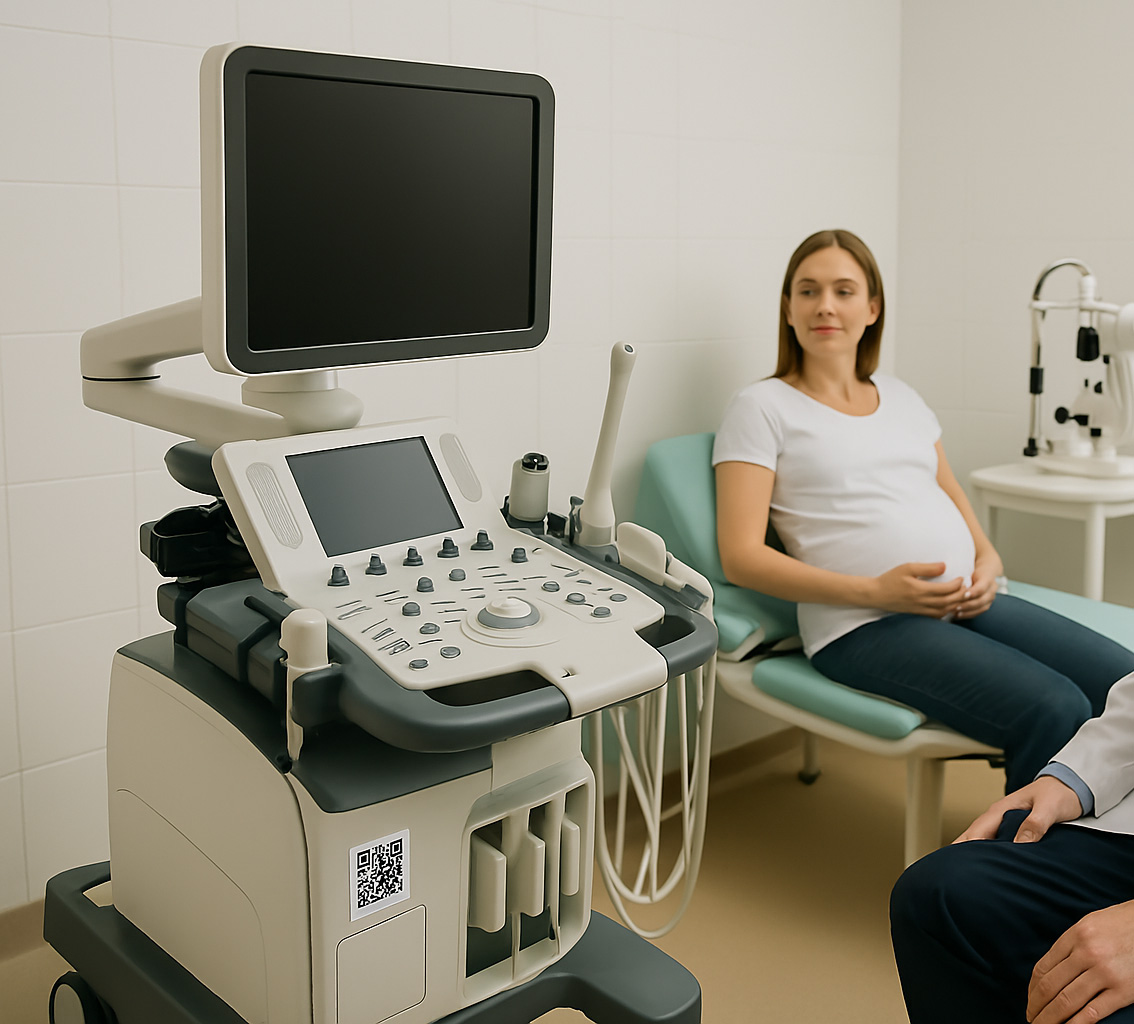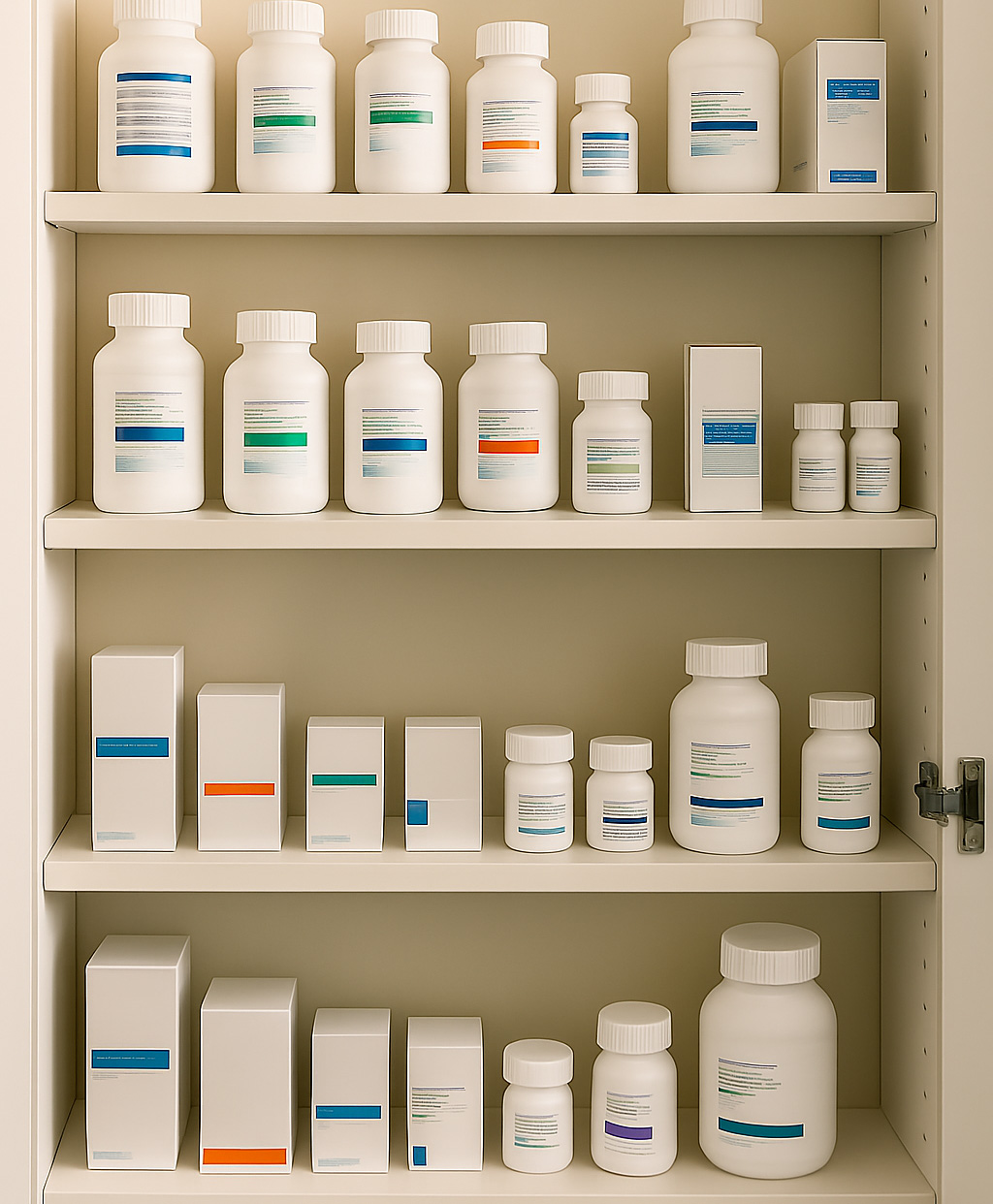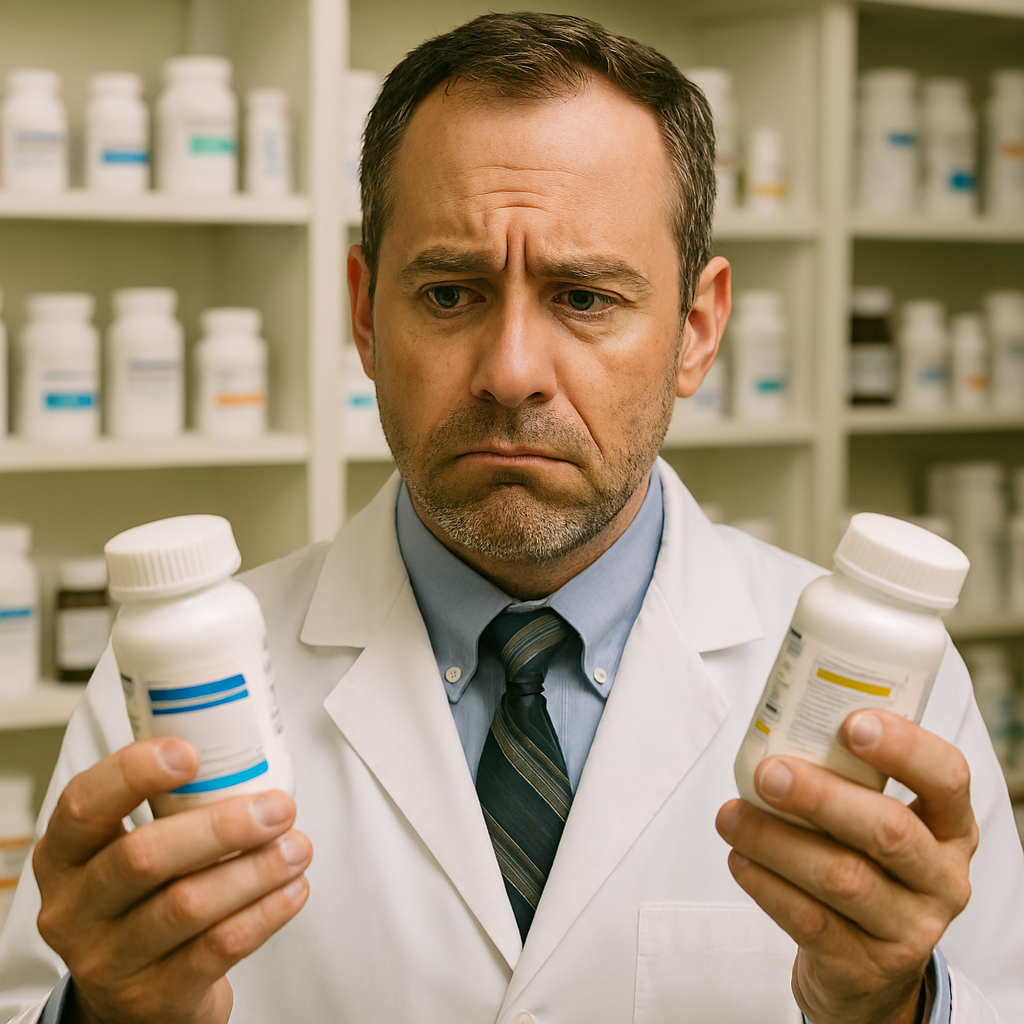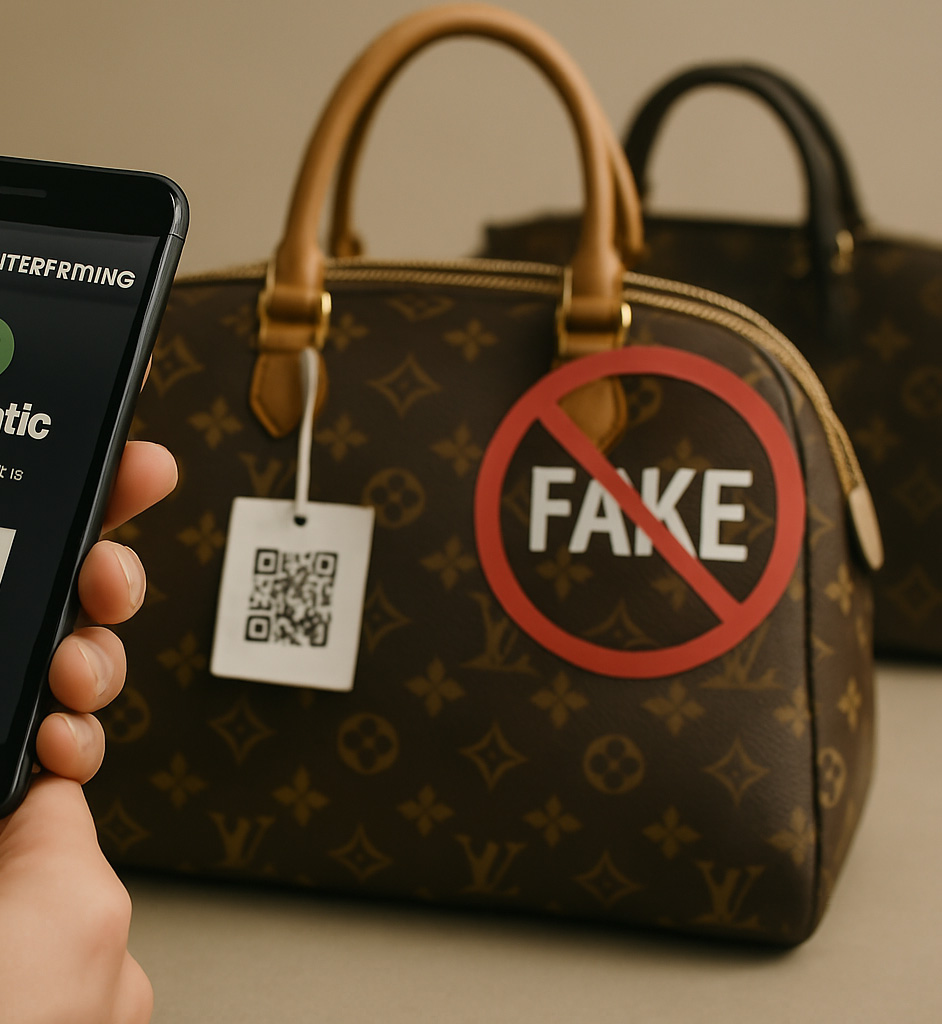Medical counterfeiting is a fast-growing global problem that jeopardizes patient safety and erodes trust in healthcare systems. According to the World Health Organization, one in every ten medical products circulating in low- and middle-income countries is either substandard or outright fake. The ripple effect extends far beyond these regions, with counterfeit drugs penetrating markets worldwide and contributing to an estimated $30 billion in annual economic losses.
Counterfeit medicines and medical devices—including vaccines, cancer treatments, and surgical implants—are often sold through unauthorized channels, especially online. These products may contain incorrect dosages, dangerous contaminants, or no active ingredients at all, resulting in treatment failures, severe reactions, and even death.




The effects of counterfeit medicine on public health are staggering. Patients who unknowingly consume fake drugs face delayed recovery or worsening conditions, particularly in life-threatening cases. Toxic contamination can lead to allergic reactions, organ failure, or long-term damage. Worse still, the proliferation of counterfeit antibiotics and antivirals fuels antimicrobial resistance, making it harder for doctors to treat once-manageable diseases.
In some regions, falsified malaria and pneumonia medications are directly responsible for hundreds of thousands of childhood deaths. These tragic outcomes stem not only from poor product quality, but also from a breakdown in supply chain transparency, enforcement, and consumer awareness. Here in the US, products are often purchased and brought in through grey or parallel importing thus raising serious questions about the quality, safety and reliability of medical equipment or pharmacueticals.
Several systemic challenges allow counterfeit medical products to persist. Global supply chains lack robust traceability mechanisms, and enforcement often falls short due to fragmented regulatory oversight. The counterfeiting techniques themselves are becoming more advanced—able to mimic packaging, holograms, and serial numbers with alarming accuracy. Online marketplaces and rogue pharmacies make matters worse by bypassing traditional checks, while the general public remains largely unaware of the risks. To truly stem the tide, solutions must be tamper-proof, scalable, and patient-accessible.


Ordcan addresses the complexities of medical counterfeiting with a modular, blockchain-backed system designed for end-to-end product authentication. Every unit of medicine or medical equipment can be uniquely tagged and traced through the entire supply chain. Its serialization tools create an immutable record of origin, batch data, and expiration—available in real time with a single scan.
Ordcan’s vulcanizable QR labels and secure adhesives ensure that authentication isn’t compromised by packaging fraud, even for small-format or high-risk products. Patients and providers alike can verify product legitimacy instantly at the point of use, reducing reliance on visual inspection or distributor reputation.
With Ordcan, healthcare providers, regulators, and patients gain a powerful toolkit to fight back against counterfeit products. It’s a solution that reinforces trust, secures treatments, and protects lives—turning traceability into a frontline defense for public health.
Advanced solutions for secure, trusted products.
